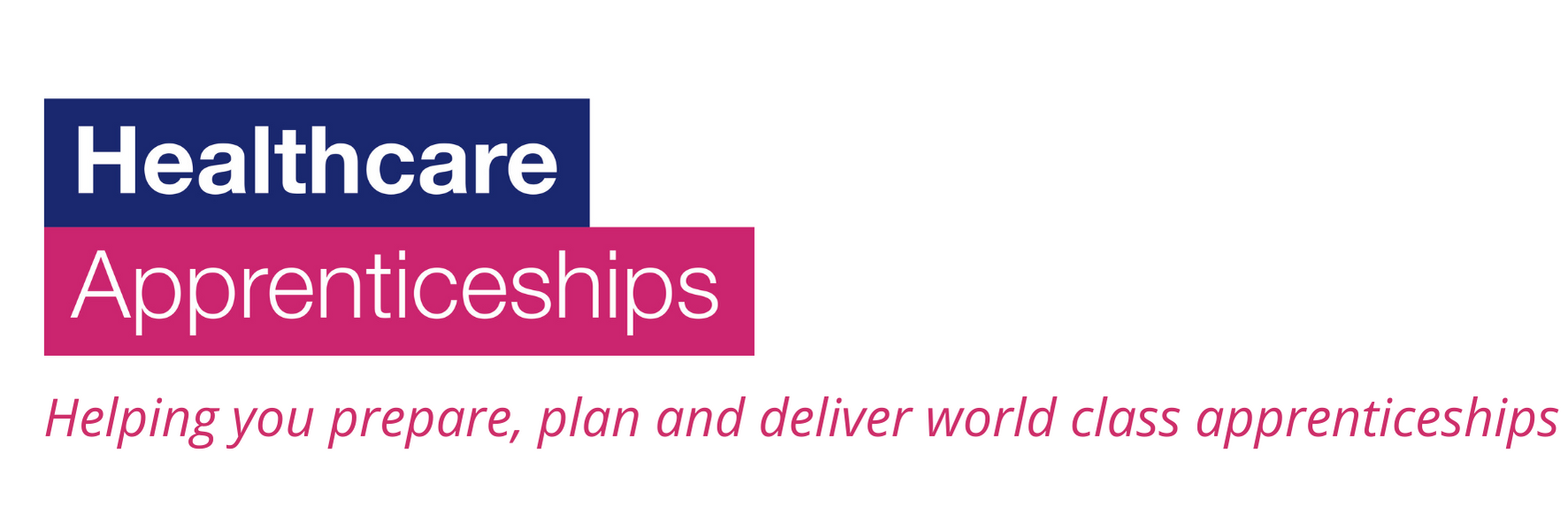 Find out how Skills for Health can support you
Find out how Skills for Health can support you
The NHS is the largest employer in England. In the region of 1.6 million people work for it, serving a population of nearly 54.3 million. Add to that figure the independent and voluntary sector and the total number of people working across health rises significantly.
Education, training and continuing professional development are vital to the health sector, which supports thousands of people each year to develop skills and knowledge within the workplace. Trainee healthcare professionals spend a significant portion of their university learning ‘on the job.’ Healthcare staff act as mentors and supervisors to these trainees and very often provide specialist skills and knowledge training too. Many organisations have their own extensive training departments.
Alongside traditional students employers are passionate about ‘growing their own’ local workforces. The range of jobs in the health sector is incredible. People sometimes say you can do practically any job, and still be employed by the NHS; and you can train to do many of these jobs through Apprenticeships. Put all these factors together and you can see that the health sector has lots to offer and lots to gain from the current Apprenticeship reforms in England.
“Apprenticeships are a great route to train the support workforce. The National Skills Academy supports employers with a variety of Apprenticeships across clinical and non-clinical support services, from dental nursing, pharmacy assistance, business and administration, finance, facilities and estates to clinical healthcare support and more. We are seeing an increase in interest from large employers but also significant growth in interest from smaller employers like GP Practices. It can be daunting at first but we offer a range of services with lots of ways we can help employers to get started and gain from Apprenticeships. ” Candace Miller, Director, National Skills Academy for Health
New standards are on the horizon
The apprenticeship landscape is changing and new standards are being developed. Amongst these, Skills for Health facilitates the employer-led steering group developing new standards for support workers in health. 18 months in, and the steering group continues to be very active and engaged.
“The commitment from employers in developing the new Apprenticeship standards has been unwavering. Skills for Health is in a supporting role, managing the projects and providing guidance. This has been an unprecedented chance for employers to decide on what goes into the new Apprenticeships. No doubt it has been a long journey which isn’t finished yet. Employers will win out with new standards that they have designed themselves. As we move into the stage of preparing for readiness I would encourage all employers to get involved. Speak to your LETB Apprenticeship lead or contact your Skills for Health regional director.” Vicky Yearsley, Senior Manager NOS, Qualifications & Apprenticeships, Skills for Health
The standards for Healthcare Support Workers and Assistant Practitioners have already been approved and assessment plans developed. A standard for Senior Healthcare Support Workers, containing four pathways: Adult Nursing Support, Maternity Support, Theatre Support and Mental Health Support, is still in development. Find out more here, including how to get in touch if you need our support in developing other standards.
The Apprenticeship levy has given the employers on the steering group a lot to think about.
“Employers are looking for support in deciphering the implications of the Levy and how they can best manage proactively going forwards,” Marc Lyall, Regional Director West of England, Skills for Health
The levy in brief: The levy will only be paid on annual pay bills in excess of £3 million, to the tune of 0.5% of the total pay bill. It will be collected by the HRMC via the PAYE system. Organisations will receive an allowance of £15,000 to offset the levy. Read more here.
Due to the sheer size of the NHS the levy will have a significant effect on many large healthcare organisations. Smaller NHS, independent, voluntary and charity organisations, with smaller pay bills, will still be able to draw down funding to support their apprenticeships and are unlikely to be required to pay the levy.
As employers you have concerns often because, at the moment, you are just not quite sure how the levy will affect you.
“The main concern from employers I’ve spoken to about the levy is that they are lacking information on the process and how they can best ensure they recoup what is being top sliced. For an NHS organisation 0.5% payroll is a substantial sum!” Anne Clarke, Regional Director South of England, Skills for Health.
“We feel that introduction of a levy could shift the focus away from a desire to drive up the quality of apprenticeship provision (one of the key aims of introducing such a system) and result in employers becoming fixated with numerical targets.” NHS Employers, response to the Apprenticeship Levy consultation October 2015[1]
The 2020 targets could also be challenging.
Health Education England already manages Department for Health targets for apprenticeship starts which are then implemented locally by the individual NHS organisations. Central government’s 2020 goal of 3 million apprentices across all sectors is bound have a huge impact on the health sector. Whilst the target is primarily for apprentices aged 16-24, with extra incentives for taking apprentices aged 16-18, in the health sector a large proportion of apprentices are over 25. Often this includes people returning to work or starting second careers rather than school leavers.
Read more about the 2020 vision here.
Employers in the health sector will use the new Apprenticeship Standards to support continued growth in apprenticeship numbers, both clinical and non-clinical.
However, it’s a balancing act. The health sector needs to continue to support learners at all levels, and disciplines, ensuring that quality measures are fully met. You also need to know that there are enough fully trained and qualified staff available to keep services fully operational. It’s all about making sure that patients and service users receive the best care and support, not just today but in the future too.
“There’s a fine line between managing the growth in apprenticeships and doing too much too quickly. In the NHS we have some very successful apprenticeship employers who are ready for the challenge. Others need significant support to ensure they are able to adapt their recruitment and training strategies to meet the target and recoup the levy. They have to do this and, at the same time, ensure they have the infrastructure in place to support the apprentice and keep their establishments appropriate for their patients’ needs. We know it can be done, as there are employers who are doing it now, but quality cannot and should not be compromised.” Jill Elsworthy, National Programme Manager, Talent for Care (Apprenticeships), Health Education England
Organisations are keen to retain their best support workers but at what cost?
“Are training providers going to be able to keep up with the demand with the number and calibre of candidates for apprenticeship posts, and will hospitals be involved in a ‘bidding war for talent’ to satisfy spending the allocated monies and recruiting the volume of great apprentices?” James Devine, Deputy Director of HR and OD, Great Ormond Street Hospital for Children[2]
“Business groups and academic experts warned that ministers risked “devaluing” the apprenticeship brand in their efforts to hit an artificial political target. They pointed out that there were only two million 16- to 18-year-olds in the country, many of whom were still at school – making it hard to achieve the Government’s aim even if it were desirable to do so.” Oliver Wright, The Independent[3]
[1] NHS Employer response to the Apprenticeship Levy consultation. Read the full letter here.
[2] Article written for HR & Charity news published on Linked In in January 2016. Read the full article here.
[3] Article written for the Independent, Sunday 30 August 2015. Read the full article here


